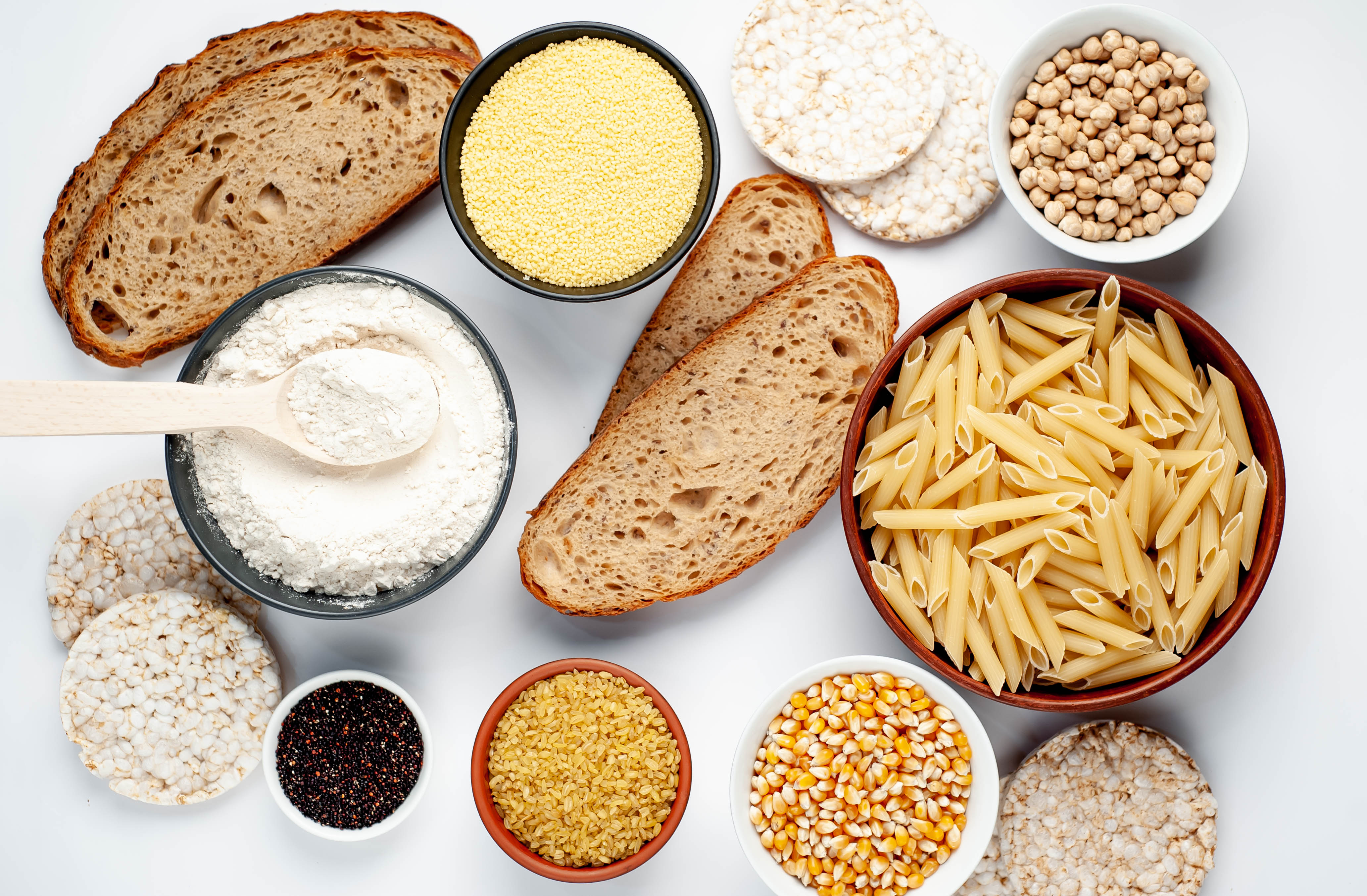How does insulin resistance impact health?

Insulin resistance significantly affects overall health by disrupting glucose regulation, leading to elevated blood sugar levels. This can result in:
- Type 2 Diabetes: Prolonged insulin resistance often progresses to diabetes as the pancreas struggles to produce enough insulin.
- Cardiovascular Disease: It increases risks of high blood pressure, high cholesterol, and atherosclerosis, contributing to heart attacks and strokes.
- Non-Alcoholic Fatty Liver Disease (NAFLD): Excess glucose and insulin promote fat buildup in the liver.
- Metabolic Syndrome: Insulin resistance is a core component, linked to obesity, high triglycerides, and low HDL cholesterol.
- Other Complications: It’s associated with polycystic ovary syndrome (PCOS), infertility, and increased inflammation, which can exacerbate chronic diseases. Managing insulin resistance through lifestyle changes or medical intervention can mitigate these risks.
Meta Description: Discover how insulin resistance impacts your health, from increasing the risk of type 2 diabetes to heart disease and fatty liver. Learn about its serious effects and how to manage this condition effectively to protect your well-being.
Subscribe by email
Share this
You May Also Like
These Related Stories
What is The Difference between Insulin Resistance and Diabetes?


What is The Difference between Insulin Resistance and Diabetes?
What causes insulin resistance?


What causes insulin resistance?
How to reverse insulin resistance?

